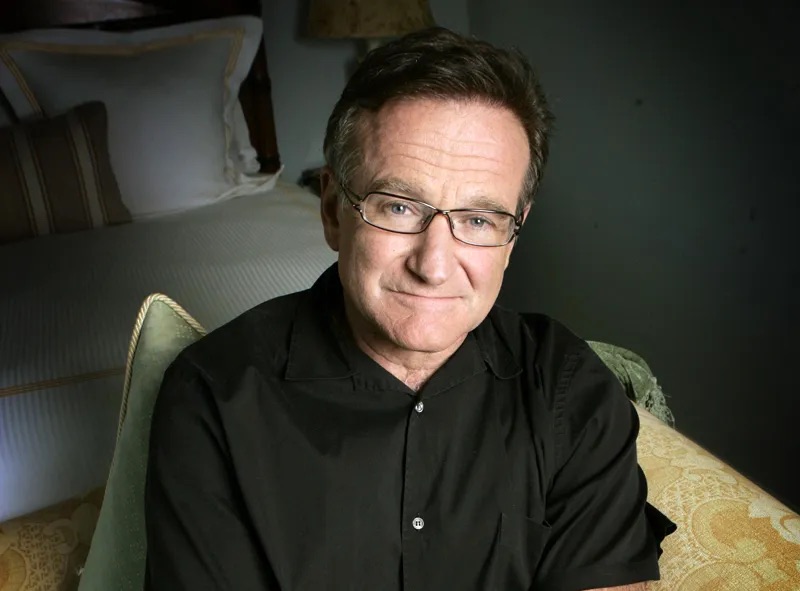BROOKLINE, Mass. — For 75-year-old Miguel Laboy, each morning kicks off with a blunt alongside his coffee, a ritual that has become a source of inner conflict. Laboy wishes for a day when cannabis doesn’t dominate his thoughts upon waking, but that day hasn't come yet.
It's concerning to have cannabis on my mind first thing in the morning... I'd like to get up one day and not feel the need to smoke, he admits, igniting a blunt in his Brookline, Massachusetts apartment. This scenario echoes an unsettling truth for many since the legalization of cannabis: what began as a tool for relief has morphed into a cycle of dependence for countless individuals across the nation.
Daily cannabis use is now more prevalent in the U.S. than daily alcohol consumption, with many attributing their initial usage to relief for various ailments. The market's shift towards high-potency products, particularly vape oils and concentrates boasting THC levels between 80% and 95%, raises concerns among health experts regarding long-term dependency and the creeping onset of addiction.
Doctors are sounding the alarm as users report clouded memories, disrupted sleep, increased anxiety, and a blurred line between therapeutic and compulsive use. Laboy's experience isn't isolated; he represents a growing community of users who began their cannabis journey seeking aid but now struggle with its power over them.
Many who develop cannabis use disorder find it challenging to recognize their dependency due to the widespread belief that marijuana isn't addictive. The symptoms often accumulate gradually, slipping under the radar until they become part of the daily routine, warns medical professionals.
As more individuals acknowledge the reality of their situations, anecdotal evidence emerges revealing the psychological impact of pervasive cannabis use. Younger users often note the difficulty of finding clarity outside of high-induced states, as seen in the experiences of a college-aged user from Boston University, who, despite struggles with panic attacks, finds they can only feel calm while using cannabis.
Anne Hassel, once a proud cannabis worker, turned her passion into tragedy, successfully quitting with the help of friends after realizing her dependence. She recalls how an enthusiasm for her job quickly transformed into a dependency on the very products designed to aid her health and well-being.
My dream job turned into a nightmare… I lost sight of everything I loved while chasing that high, she shares, emphasizing the importance of understanding the intricacies of cannabis dependence.
For experts, the conversation around cannabis consumption should pivot from prohibition to informed decision-making that recognizes the risks involved. As highlighted by Dr. Kevin Hill, a director specializing in cannabis use disorder, heightening awareness about the potential harms associated with high-potency cannabis remains critical.
“It's about developing a balanced approach rather than driving people to secrecy or shame around their usage,” he stresses, as the industry grapples with balancing legality against health impacts.


















